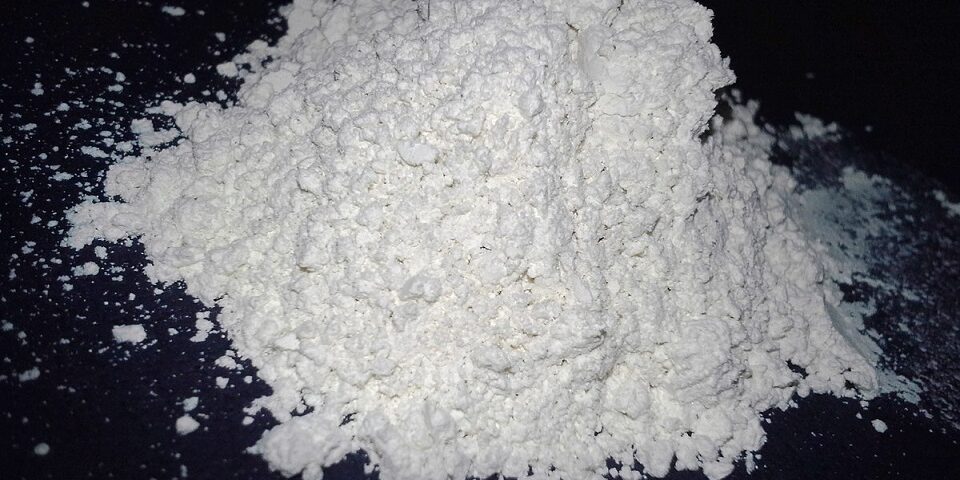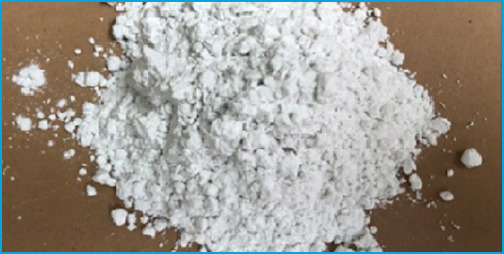
How to Properly Use Diatomaceous Earth as an Insecticide
May 23, 2023
What is the Indian name for diatomaceous earth..
June 6, 2023Understanding the Benefits of Silicon Fertilizers for Indian Farmers
Introduction
In the context of agricultural practices, the use of fertilizers plays a crucial role in improving crop productivity and ensuring food security. One such class of fertilizers gaining recognition in recent years is silicon fertilizers. Silicon (Si) is the second most abundant element in the Earth's crust and has been found to offer various benefits to plants when applied in the form of fertilizers. This blog aims to shed light on the advantages of silicon fertilizers for Indian farmers and why they should consider incorporating them into their agricultural practices.
Benefits of Silicon Fertilizers
Silicon is an essential nutrient that plays a crucial role in improving crop productivity and resilience. In recent years, the use of these fertilizers has gained popularity in Indian agriculture due to their numerous benefits.
I. Enhanced Plant Growth and Yield:
They have been shown to promote overall plant growth and development. They stimulate root development, leading to better nutrient and water uptake, resulting in stronger and healthier plants. Increased plant vigor contributes to improved photosynthesis, which ultimately translates into higher crop yields. Studies have shown that silicon-treated crops exhibit increased biomass, larger fruits, and enhanced resistance to environmental stresses.
II. Disease and Pest Resistance:
These fertilizers enhance the natural defense mechanisms of plants, making them more resistant to diseases and pests. Silicon strengthens the plant cell walls, making them thicker and harder to penetrate, thus reducing the chances of pathogen invasion. It also acts as a physical barrier against insect feeding and reduces the incidence of pests. For Indian farmers, who face numerous challenges related to crop diseases and pests, silicon fertilizers offer an effective and sustainable solution.
III. Improved Tolerance to Abiotic Stresses:
Indian agriculture is susceptible to various abiotic stresses such as drought, salinity, and heavy metal toxicity. Silicon fertilizers have been found to mitigate the negative impacts of these stresses on crop growth. Silicon helps regulate water uptake and transpiration, enabling plants to cope better with drought conditions. It also reduces the absorption and accumulation of toxic elements, such as aluminum and heavy metals, in plant tissues. By using silicon fertilizers, farmers can improve the resilience of their crops against adverse environmental conditions, leading to more consistent yields.
IV. Nutrient Efficiency and Sustainability:
These fertilizers further contribute to improved nutrient use efficiency in plants. They enhance the absorption and translocation of essential nutrients, such as nitrogen (N), phosphorus (P), and potassium (K). By optimizing nutrient uptake, silicon fertilizers help reduce fertilizer losses and minimize environmental pollution caused by excessive nutrient runoff. This aspect aligns with the sustainable agriculture practices encouraged in India, where minimizing the environmental impact of farming is a critical concern.
Why Choose Us for Your Silicon Fertilizer Needs?
Conclusion
Silicon fertilizers offer significant benefits to Indian farmers, including enhanced plant growth, disease and pest resistance, improved tolerance to abiotic stresses, and nutrient use efficiency. These advantages align with the specific challenges faced by Indian agriculture, making this category of fertilizers a valuable addition to farmers' toolkits. By choosing our high-quality and sustainable silicon fertilizers, you can optimize your crop productivity, minimize environmental impacts, and ensure the long-term sustainability of your farming practices.



